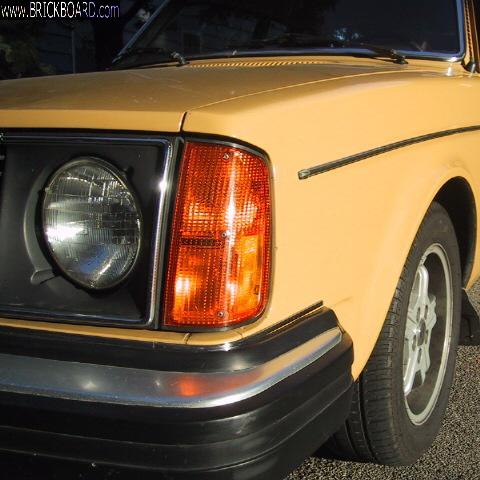|
Hi oldduke!
You might like this easy read. I have posted it before when this subject pops up.
It has a nice tid-bit of facts in there that average people don't know about.
http://www.progressivedyn.com/battery_basics.html
It helps explain what goes on in a battery and why using a float charger is helpful to fight a lead acid battery on chemistry to self discharge and how quickily it happens to dip below 80%.
Near the end of the article, Q & A, it states why you don't want to let a battery or car to sit idle very long.
If you are interested in keeping a battery "sitting all the time" you might buy into their products.
It is probably a very good one, since they apparently have the knowledge of what needs to be done. I have not gone there to check them out.
I personally like using my cars so those batteries get an equalizing charge from a drive. The car bouncing and jostling takes care of all that.
I get by with a simple (on sale cheap, used to be 3.99) Harbor Freight float charger, hooked to several cars or batteries, if they have to set up to a week or more.
I try to rotate my driving every three days but of course that is not always possible. Especially if, I take one out of town on a trip.
Any batteries I have sitting around get a hand shake or bounce/rocking on the bench.
My RV batteries are tricker to maintain so the item in this article would be better in this case.
Actually starting an engine and charging it excites those two fluids. It stirs them up. I use a carbon loading bench tester and then a full size battery charger. It does the same thing. You can hear the bubbling if you listen carefully.
I have quite a few batteries, right now, that are ten or more years old. I stay very attentive to how the engine turns over for the first sign of any weakening.
Anyone should! They don't provide cranks anymore or can pushing an automatic fast enough work out very well.
If you carry an extra one around then that's another battery to take care of.
You can always carry jumper cables and be prepared to whine for help! (:)
I have a couple sets, that I acquired cheaply, but I'll bet, you they won't be in the car I'm in!
I hate to brag, because you know what happens, but I have never had to use them for my cars!
Only to help others.
I recently dumped one battery for a new one. It was still working but turned over slow only once in my '78. The electrolyte showed half charge and would come back up but then drifted down while held even on a float charge.
I watch and listen to them because if a weak one ends up in my wife's car, I will never hear the end of it!
You wonder why I get into my batteries. Well counting everything I use, that has lead acid batteries, that's nine of them. Quite an investment I'm stretching out!
Phil
|
